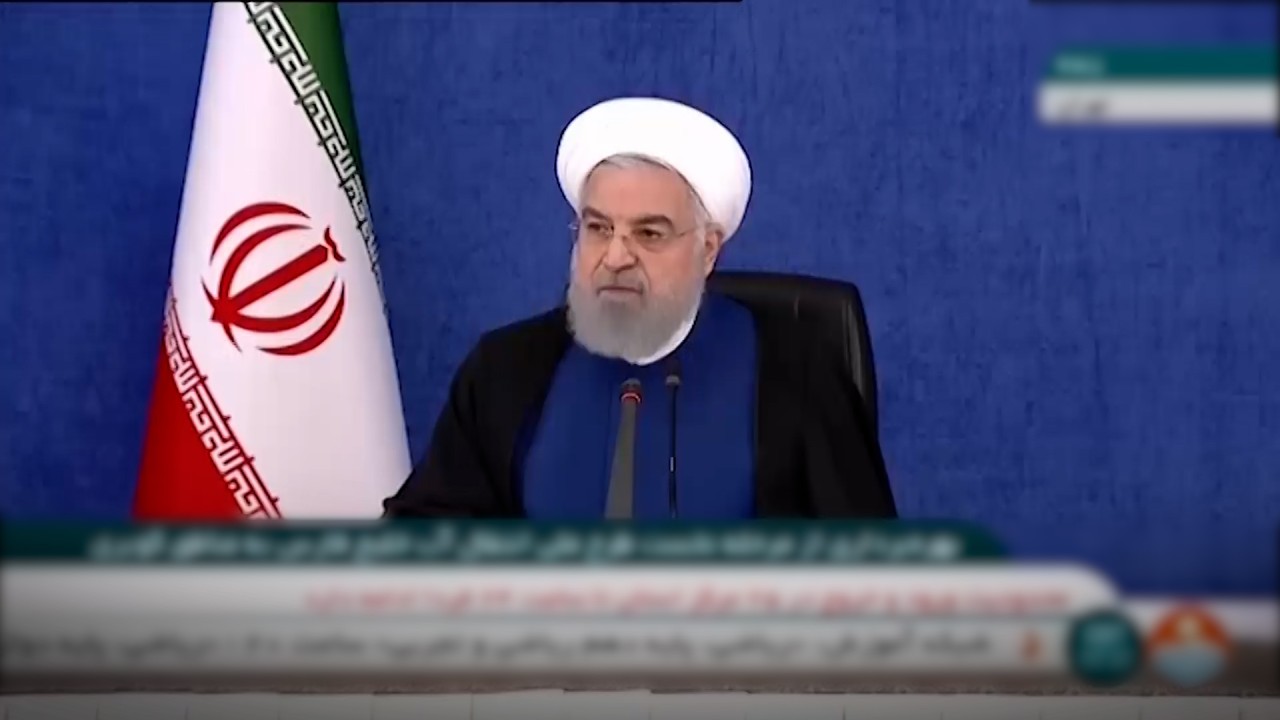
Explainer | Where does China stand on the Iran nuclear deal?
- Beijing has been pushing for the pact to be revived, but Washington and Tehran are at odds over who should take the first step
- China has long had close ties with Iran and they are reportedly near to finalising a 25-year trade and military agreement
Washington’s recent overtures to Tehran have raised hopes that the Iran nuclear pact can be resurrected – something Beijing has been pushing for.

What is China’s position?
China and five other world powers – the US, Britain, France, Germany and Russia – agreed to the deal with Iran in July 2015. Formally known as the Joint Comprehensive Plan of Action, it has been in jeopardy since former US president Trump abandoned the pact and reinstated sanctions in 2018.
China, along with the European Union, has sought to keep the deal afloat.
Beijing has repeatedly called for Washington to rejoin the deal.
Last week, Chinese foreign ministry spokeswoman Hua Chunying called on Washington to “unconditionally” return to the agreement and said Beijing had been in close contact with all parties in the hope that dialogue could resume.
On Monday, China’s deputy foreign minister Ma Zhaoxu spoke by phone to his Iranian counterpart Abbas Araghchi, again calling for all sides to return to the pact and for the US to first lift sanctions.

01:22
Next US president will have to give in to Iran, Rouhani says
What are China’s interests in Iran?
Beijing and Tehran are reportedly close to finalising a long-term trade and military agreement that will see China invest a total of US$400 billion in Iran’s banking, telecoms, transport and infrastructure sectors in exchange for a discounted supply of Iranian oil over the next 25 years.
The deal includes plans for China to develop several ports in Iran that would give Beijing control over one of the world’s most critical maritime choke points. It would also potentially include joint military exercises, intelligence sharing and arms transfers to Iran.
China is expected to take part in a joint naval exercise with Iran and Russia that began a week ago in the northern part of the Indian Ocean, the second such drill between the three militaries since December 2019.
China and the US in the Middle East
China has been broadly willing to limit its cooperation with Iran and supported the US-led campaign to force Tehran to curb its nuclear weapons programme.
But as US-Iran relations rapidly deteriorated when Trump was president, Tehran has increasingly leaned towards Beijing for an economic lifeline and political support, causing alarm in Washington.
Former US secretary of state Mike Pompeo has warned that China’s deepening ties with Iran would destabilise the Middle East, and put other regional powers like Israel and Saudi Arabia “at risk”.

